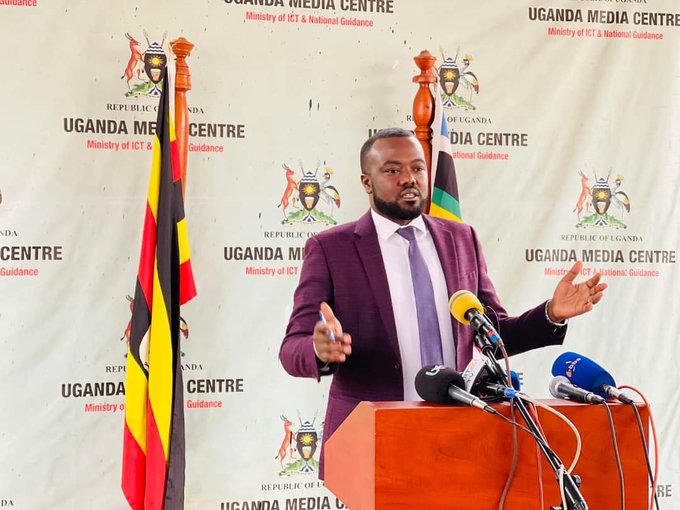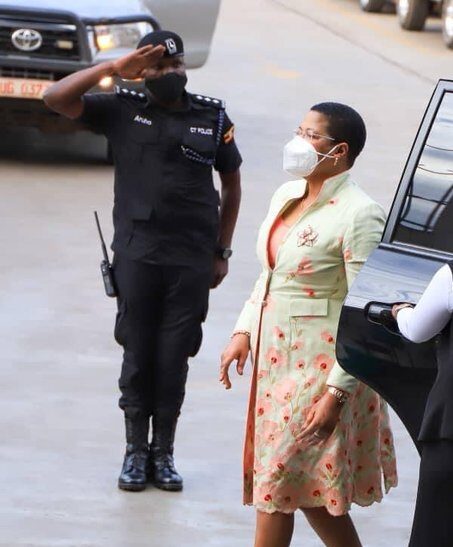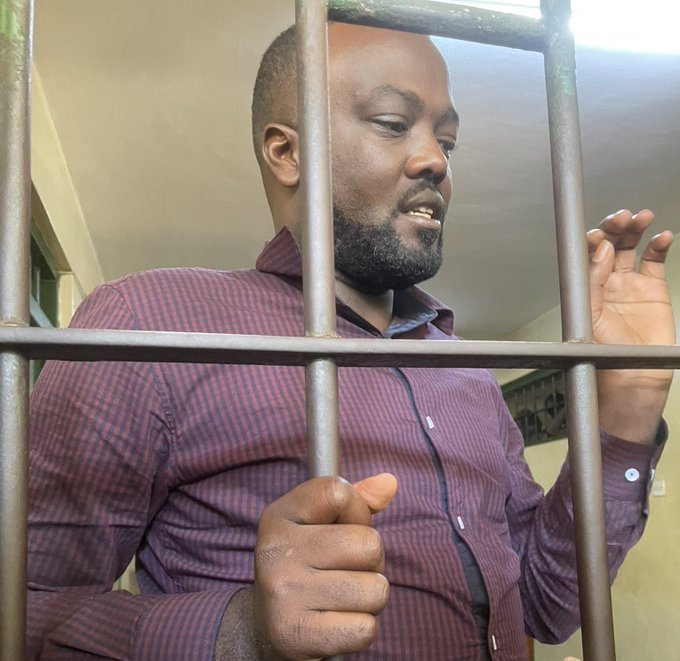The legal and political standoff between Speaker of Parliament Anita Annet Among and former Deputy Resident City Commissioner (RCC) Herbert Anderson Burora has gripped Uganda’s public discourse for months. What began as a heated exchange of accusations and social media posts has evolved into a high-profile court battle, raising questions about freedom of speech, the limits of political criticism, and the use of state power in Uganda’s governance.

Background: From Criticism to Courtroom
Herbert Anderson Burora, who served as deputy RCC in Nakawa and Rubaga Divisions for over five years, was known for his outspoken views on corruption and governance. His troubles began in March 2024 after he made a series of public statements and social media posts, particularly on his X (formerly Twitter) handle @HarderHB, in which he accused Speaker Among of corruption, torture, murder, and kidnapping. These allegations, widely circulated online, sparked a firestorm of debate. While some Ugandans hailed Burora as a whistleblower, others condemned his remarks as defamatory and reckless.
The government’s response was swift. Burora was suspended from his post in March 2024, with the suspension letter citing his defiance of official advice and continued social media activity, which contravened Uganda Public Service Standing Orders (2021). After a 28-day suspension, Burora resigned, stating he wanted to protect his conscience.
Legal Proceedings: Hate Speech and Malicious Information Charges
Following his resignation, Burora was arrested and charged with six counts of hate speech and spreading malicious information under the Computer Misuse Act, as amended in 2022. The prosecution alleges that between March and June 2024, Burora used his X account to disseminate content intended to ridicule, degrade, or promote hostility against Speaker Among. Specifically, he is accused of portraying her as a torturer, murderer, kidnapper, and corrupt individual.
Burora has consistently denied the charges, arguing that his statements were legitimate criticism of public officials and that the charges are politically motivated. His legal team has also challenged the validity of the charge sheet, claiming it failed to specify the exact statements that constituted hate speech or malicious information. In response, the court directed prosecutors to amend the charge sheet to include the specific words at issue, but ultimately ruled that such details are matters of evidence to be presented at trial.
Attempts at Settlement and the Push for Withdrawal
As the case progressed, both parties engaged in court-encouraged negotiations to settle the matter out of court. Burora indicated he had fulfilled his part in the discussions and was awaiting the prosecution’s evidence. However, by early April 2025, it became clear that negotiations had failed, prompting Chief Magistrate Ronald Kayizzi to fix the case for a full hearing.
Despite the collapse of settlement talks, there have been indications that Speaker Among may be seeking to drop the charges against Burora. According to legal sources and court proceedings, the Speaker’s willingness to negotiate and the court’s repeated adjournments for possible settlement suggest a desire to resolve the issue outside the adversarial process. However, as of the latest hearings, no formal application to withdraw the case has been filed, and the matter remains set for trial.

Political and Social Implications
The case has ignited debate about the boundaries of free speech, especially when directed at powerful political figures. Supporters of Burora argue that prosecuting critics under hate speech laws stifles legitimate dissent and whistleblowing. Conversely, allies of Speaker Among maintain that unchecked defamation undermines public trust and can incite hostility.
The proceedings have also exposed tensions within Uganda’s political establishment. Burora’s initial suspension and subsequent resignation were seen by many as a warning to other public servants about the risks of challenging authority. The Speaker’s pursuit of legal redress, and now apparent openness to dropping the case, reflects the delicate balance between protecting personal reputation and upholding democratic norms.
The Road Ahead
As of June 2025, the Buganda Road Chief Magistrate’s Court is set to decide whether to dismiss or maintain the charges against Burora. The outcome will likely set a precedent for how Uganda handles cases of alleged hate speech and malicious information involving high-ranking officials. If Speaker Among formally seeks to withdraw the case, it could defuse tensions and signal a willingness to tolerate robust criticism. If the trial proceeds, it will test the judiciary’s independence and the resilience of Uganda’s democratic space.
In either scenario, the Burora-Among saga underscores the evolving relationship between power, accountability, and free expression in Uganda’s political landscape.

